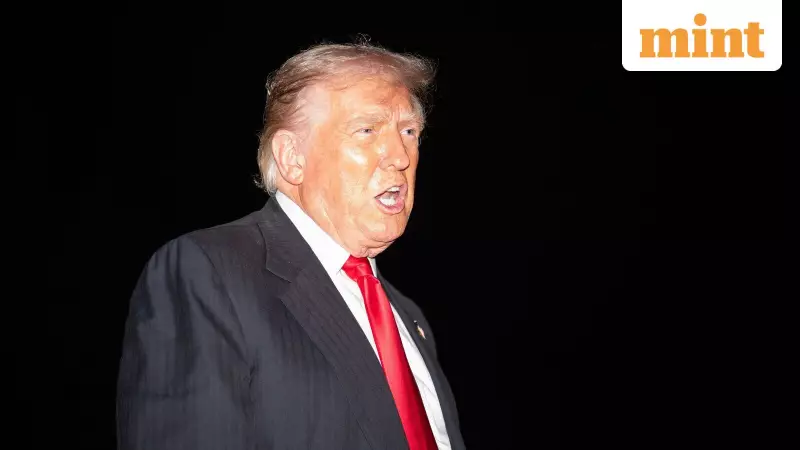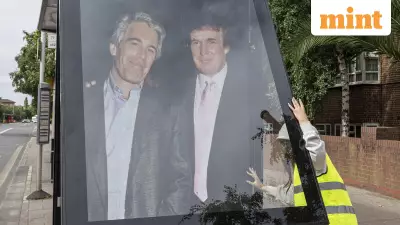
In a significant political development, US President Donald Trump has issued sweeping pardons to his former close associates, including Rudy Giuliani and Mark Meadows, who were implicated in attempts to overturn the 2020 presidential election results that brought Joe Biden to power.
Complete Pardon for Election Controversy Figures
The presidential proclamation, announced on November 10, 2025, grants a "full, complete, and unconditional pardon" to a substantial group of individuals connected to Trump's efforts to challenge the election outcome. The official announcement came from US government pardon attorney Ed Martin, who shared the proclamation document on social media platforms.
Among the prominent figures receiving clemency are Rudy Giuliani, who served as Trump's personal lawyer, and Mark Meadows, the former White House chief of staff. The pardon list also includes other key players such as John Eastman and Sidney Powell, all of whom faced legal consequences for their alleged roles in what has been described as a coordinated scheme to overturn election results.
Notable Exclusions and Legal Implications
In a crucial clarification, the presidential proclamation explicitly states that the pardon does not extend to Trump himself. This distinction becomes particularly relevant given the ongoing legal debates surrounding presidential powers and accountability.
The legal context of these pardons presents an interesting paradox. While presidential pardons typically apply to federal crimes, none of the individuals pardoned in this instance had been charged with federal offenses. Instead, Giuliani, Eastman, Powell and their co-accused faced state-level charges in Georgia for their alleged election interference activities.
The official justification provided in the proclamation characterizes attempts to prosecute those involved in 2020 election schemes as "a grave national injustice perpetrated on the American people". The document further states that these pardons aim to advance "the process of national reconciliation" following the contentious election period.
Broader Pattern of Controversial Clemency
This latest pardon action continues a pattern that has drawn significant attention during Trump's presidency. The move follows earlier pardons granted to hundreds of individuals charged in connection with the January 6, 2021 US Capitol riots, including some accused of attacking law enforcement officials during the violent incident.
The scope of Trump's clemency power has extended to Republican figures accused of acting as fake electors, who faced state charges for submitting false documents claiming to be legitimate electors. This broader pardon strategy appears to target various individuals caught up in legal proceedings related to election controversies.
Just last week, Trump's exercise of presidential clemency included a former New York police officer convicted of stalking a family on behalf of the Chinese government. He also pardoned Darryl Strawberry, the former MLB star who had faced tax evasion charges dating back to 1995.
BBC Resignations Add to Election Narrative
The timing of these pardons coincides with significant developments at the British Broadcasting Corporation (BBC), where two top officials resigned over a misleading edited video that inaccurately portrayed Trump's January 6, 2021 speech.
BBC Chairman Samir Shah acknowledged in a written statement to the UK Parliament's watchdog committee that "the way the speech was edited did give the impression of a direct call for violent action". The corporation issued an apology for what it termed an "error of judgement" in its editorial process.
The resignations included BBC Director-General Tim Davie and news chief Deborah Turness, both accepting responsibility for the editorial failure. Davie stated in his farewell message to staff that "there have been some mistakes made and as director-general I have to take ultimate responsibility", while Turness emphasized that "the buck stops with me" regarding the incident that brought disrepute to the renowned broadcasting organization.
These concurrent developments highlight the ongoing political and media reverberations from the 2020 election controversy, demonstrating how the events continue to shape political narratives and institutional accountability nearly five years after the contentious presidential race.





